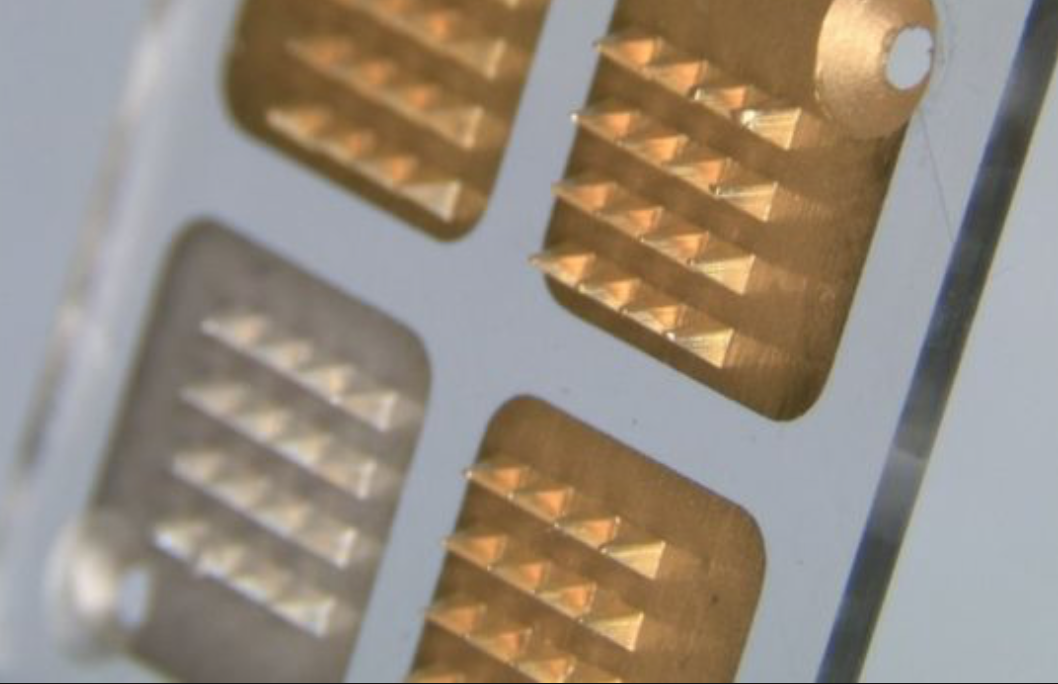Imperial College’s Timothy Rawson has developed a non-invasive microneedle bionsor patch capable of detecting antibiotic levels in the body. The goal is to reduce the need for blood sampling and analysis, optimize dosage, reduce drug-resistant infections and offer personalized drug delivery, both inside and outside of the hospital. A recent study showed that the accuracy of the real-time monitoring technology was similar to slower, periodic blood tests.
The technology has been used for continuous monitoring of blood sugar, but this is the first time it’s been used to monitor changes to drug concentrations. The researchers believe that the sensors could form the basis of a ‘closed loop system’, like an insulin pump – where antibiotics are administered to patients, and levels are continuously monitored to optimize dosage.
Join ApplySci at the 12th Wearable Tech + Digital Health + Neurotech Boston conference on November 14, 2019 at Harvard Medical School featuring talks by Brad Ringeisen, DARPA – Joe Wang, UCSD – Carlos Pena, FDA – George Church, Harvard – Diane Chan, MIT – Giovanni Traverso, Harvard | Brigham & Womens – Anupam Goel, UnitedHealthcare – Nathan Intrator, Tel Aviv University | Neurosteer – Arto Nurmikko, Brown – Constance Lehman, Harvard | MGH – Mikael Eliasson, Roche – Nicola Neretti, Brown
Join ApplySci at the 13th Wearable Tech + Neurotech + Digital Health Silicon Valley conference on February 11-12, 2020 on Sand Hill Road featuring talks by Zhenan Bao, Stanford – Rudy Tanzi, Harvard – Shahin Farshchi – Lux Capital – Sheng Xu, UCSD – Carla Pugh, Stanford – Nathan Intrator, Tel Aviv University | Neurosteer – Wei Gao, Caltech
